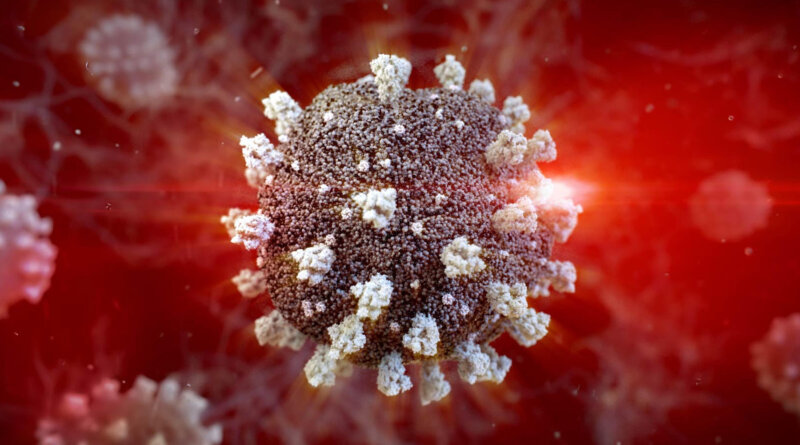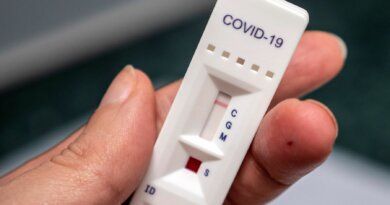Prior COVID Infection May Shield You for at Least 10 Months
[ad_1]
By Robert Preidt
HealthDay Reporter
FRIDAY, June 4, 2021 (HealthDay News) — In some good news for those who have already suffered through a bout of COVID-19, a new study finds they may have a much lower risk of reinfection for at least 10 months.
For the study, the researchers analyzed rates of SARS-CoV-2 infections between October 2020 and February 2021 among more than 2,000 nursing home residents (median age 86) and staff. Antibody testing was used to determine whether they’d had a previous infection up to 10 months earlier.
Residents with a previous infection were 85% less likely to be infected during the four-month study period than those who had never been infected, while staff with past infections were 60% less likely to be infected than staff who had never been infected, the findings showed.
Of the 634 people who had been previously infected, reinfections occurred in four residents and 10 staff members, compared with 93 residents and 111 staff among the 1,477 who had never been infected, according to the study published June 3 in The Lancet Healthy Longevity journal.
The study excluded the impact of vaccination by removing participants from the analysis 12 days following their first vaccine dose. The authors are looking at vaccine effectiveness in a separate study.
“It’s really good news that natural infection protects against reinfection in this time period. The risk of being infected twice appears to be very low,” said lead author Maria Krutikov, from the Institute of Health Informatics at University College London (UCL), in the United Kingdom.
“The fact that prior COVID-19 infection gives a high level of protection to care home residents is also reassuring, given past concerns that these individuals might have less robust immune responses associated with increasing age,” Krutikov said in a university news release.
“These findings are particularly important as this vulnerable group has not been the focus of much research,” she added.
According to study senior author Laura Shallcross, from UCL’s Institute of Health Informatics, “This was a unique opportunity to look at the protective effect of natural infection in this cohort ahead of the roll-out of vaccination. An important next step is to investigate the duration of immunity following natural infection and vaccination, and to assess whether this protective effect is maintained against current and emerging variants.”
More information
The U.S. Centers for Disease Control and Prevention has more on COVID-19 reinfection.
SOURCE: University College London, news release, June 3, 2021
[ad_2]
Source link





I enjoy your writing style really enjoying this internet site.
I just could not depart your website prior to suggesting that I actually enjoyed the standard information a person provide for your visitors? Is gonna be back often to check up on new posts
I am really enjoying the theme/design of your site. Do you ever run into any browser compatibility problems? A number of my blog visitors have complained about my site not operating correctly in Explorer but looks great in Chrome. Do you have any recommendations to help fix this problem?
I like what you guys are up too. Such clever work and reporting! Carry on the superb works guys I?¦ve incorporated you guys to my blogroll. I think it will improve the value of my website
Wonderful paintings! This is the type of information that are meant to be shared around the net. Shame on the search engines for no longer positioning this publish upper! Come on over and seek advice from my web site . Thank you =)